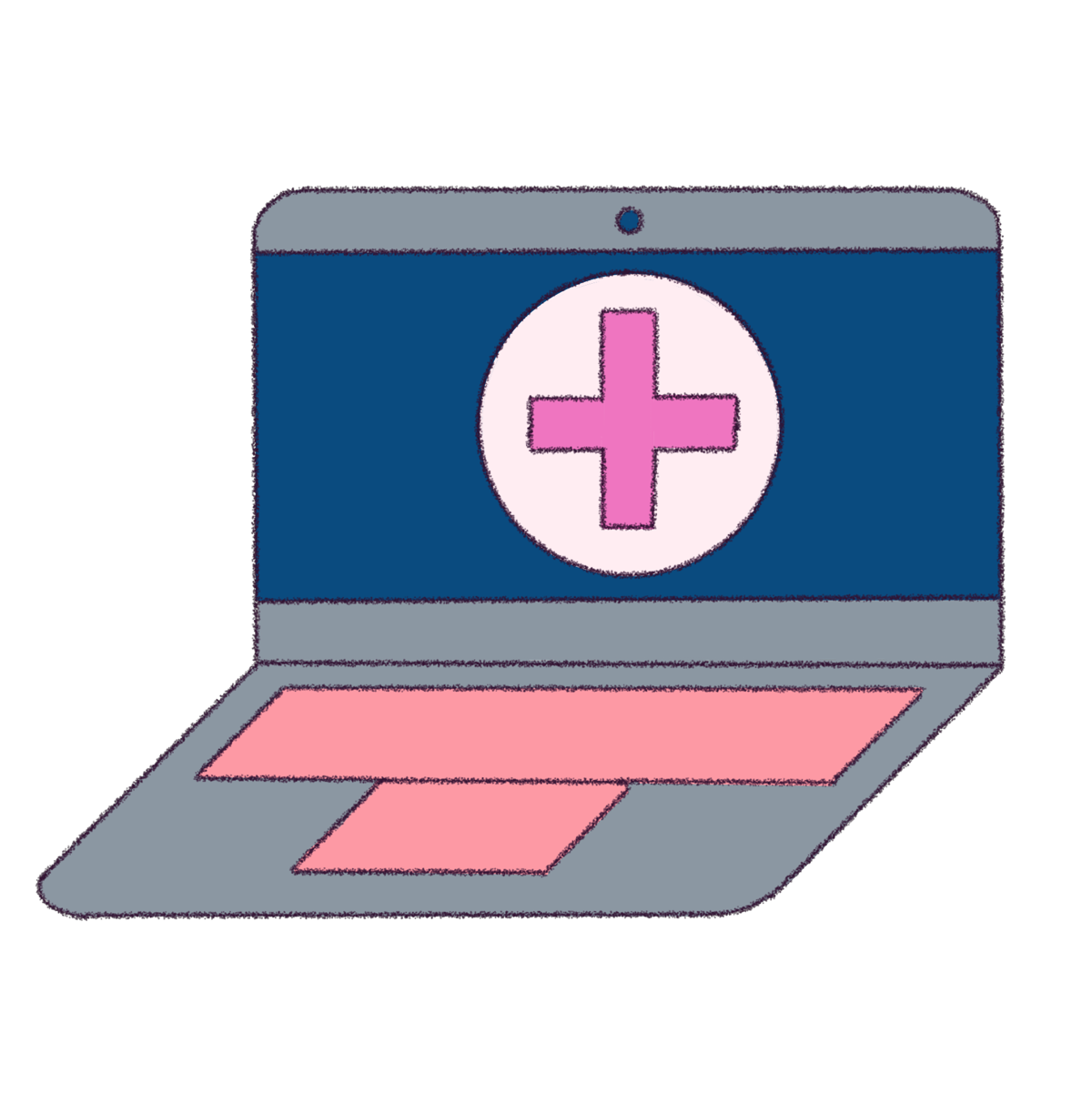Psoriatic Arthritis and COVID-19
Since late 2019, COVID-19 has become a household name. It has changed many aspects of daily life. Especially for those living with chronic conditions.
Where are we today?
"Quarantine," "social distancing," and "herd immunity" are now familiar terms. While many restrictions have been lifted, this varies from place to place. Schools, offices, healthcare settings, travel, and social visits all have different guidelines. Guidelines for wearing face masks also vary for specific groups of people.1,2
Every day we are learning more about COVID-19. Research is ongoing to find out who is at high risk and how we can best protect them. Also, our hope for a vaccine has turned into a reality. While different areas may have different rates of infection, we are making progress. Quick testing, isolation precautions, treatments, and vaccines are all part of the bigger picture.1
Vaccine progress
Vaccines became available starting in late 2020. Even more are in development. The first vaccines were approved under Emergency Use Authorization by the U.S. Food and Drug Administration (FDA). This made safe and effective vaccines available faster.3
These vaccines get disease-fighting instructions to our cells in new ways. Some use messenger RNA technology. Others use different, harmless viruses. The most common side effects are pain, redness, and swelling at the injection site. Other common side effects are tiredness, muscle aches, fever, and headache. While these are common side effects, experiences can vary by person, and you should always contact your doctor if you have concerns about your side effects.4,5
The Centers for Disease Control and Prevention (CDC) and FDA continue to provide up-to-date information on vaccines. These are great sources for reliable information.

Living with a chronic condition in the COVID-19 era
The pandemic has been especially hard for those with chronic health conditions. Thankfully, we are finding new ways to provide healthcare, like telemedicine. This can be a safe and affordable alternative for care. These virtual appointments allow for basic check-ups without leaving the house.6
However, along with positive changes, there are still downsides. These include fewer screenings, issues with technology, and lack of exercise. And for some, in-person visits are still crucial but have not happened. This has taken a toll on overall health and managing other conditions.7,8
Our community advocates have shared some of their experiences living with psoriatic arthritis in the time of COVID-19:
- Joel takes a look at the parallels of COVID-19 lockdown and psoriatic arthritis
- Jaime shares her experience of her first (unexpected) telehealth vist

Self-care and mental health
Mental health has also been impacted by COVID-19. Many have experienced stress, depression, anxiety, and more. Isolation, job loss, and not being able to take part in hobbies all decrease wellness.7
Now, more than ever, self-care is needed. Finding ways to reset and find joy is key to coping. Many are seeing mental health providers to adapt to the demands of the COVID-19 era. Online counseling and support groups are also great tools for managing complex emotions. Ultimately, self-care looks different from person to person. There is no right or wrong approach, as long as we keep making it a priority.
Our community advocates have shared how COVID-19 has impacted their mental health and emotional well-being:
- Cynthia shares how pandemic stress upset her PsA pain
- Joel talks pain and parenting all during a pandemic.
How has the COVID-19 pandemic affected you and your well-being? How are you coping? Tell us in the comments below.

Join the conversation